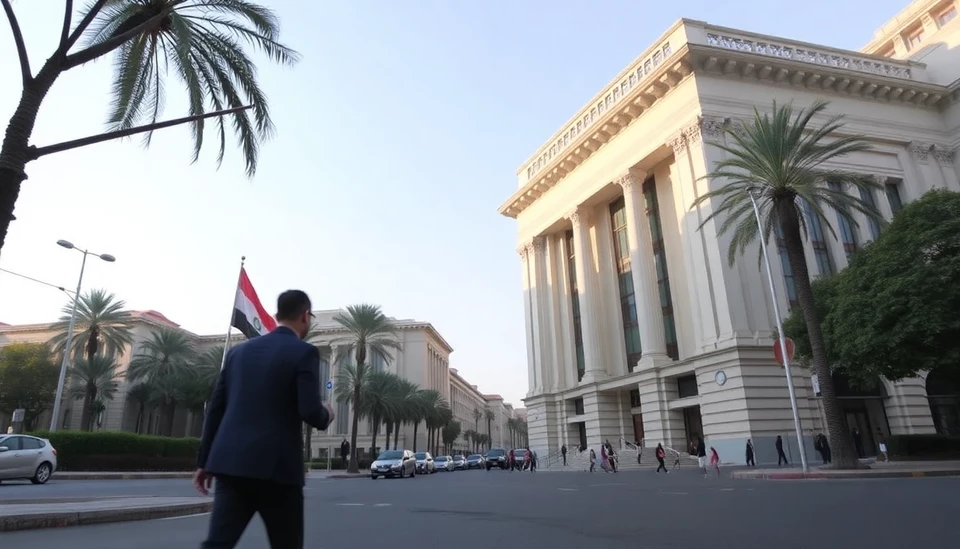
In a significant move reflecting the country's challenging economic landscape, Egypt has decided to sustain its record-high interest rates as it grapples with inflationary pressures and the potential for an imminent fuel price increase. This decision comes at a crucial juncture, as the government prepares for a review by the International Monetary Fund (IMF) regarding its ongoing economic reform program.
The Central Bank of Egypt (CBE) had set a benchmark interest rate of 19.25% earlier this year, which marked a historical peak in its monetary policy responses. This move was aimed at curbing soaring inflation, which has plagued the Egyptian economy, exacerbated by global economic consequences from recent geopolitical events and local fiscal pressures. The rate has now been kept unchanged for a prolonged period, indicating the authorities’ cautious approach in addressing economic challenges without stifling growth.
Speculation continues regarding the anticipated adjustments in fuel prices, which are a critical component of the country's economic structure. The incoming fuel price changes are expected to exacerbate inflationary trends, especially as Egypt navigates through what many analysts describe as a precarious economic environment. With fuel being a vital part of the pricing structure for goods and services, any significant hikes could trigger further unrest among consumers struggling with everyday expenses.
The IMF review set to take place soon is particularly pivotal, as it can influence Egypt's access to international financial support and investment. Over the past few years, Egypt has implemented a series of reforms as part of its agreement with the IMF, aimed at improving its financial stability and restoring investor confidence. However, the effectiveness of these reforms remains to be fully realized, leading to an increased focus on how policy decisions will shape future economic conditions.
Economists suggest that the CBE's strategy of holding interest rates might be a double-edged sword, as while it could stabilize the currency and keep inflation at bay temporarily, it risks hindering economic growth if prolonged. As the country balances these dynamics, the pressure is on to maintain investor confidence and manage public sentiment effectively, especially given the rising cost of living concerns among the populace.
Looking ahead, the implications of this decision will continue to unfold as Egypt faces domestic and external pressures in the coming months. The anticipated reviews and economic feedback from the IMF will potentially steer future monetary policies and fiscal measures. With analysts closely monitoring the situation, the outcomes of these developments could dramatically influence the trajectory of Egypt's economy.
As the Egyptian government navigates these complexities, both local and foreign investors are keeping a vigilant eye on the unfolding developments that may impact their operations and investment decisions in the region.
<>#> #EgyptEconomy #InterestRates #IMF #Inflation #FuelPrices #EconomyNews #CentralBank #FinancialStability #EconomicReform #InvestorConfidence #<
Author: Daniel Foster




